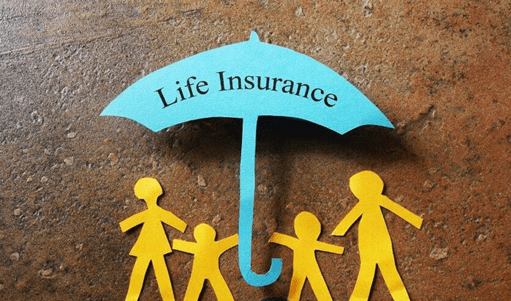Have you ever taken time to think about what would happen to your loved ones if you were to pass away?
Consider your financial situation and the standard of living you want to maintain for your dependents or survivors. The assumption of immediate death is necessary to determine the current life insurance needs for a family or individual.
Questions to ask yourself
Who will pay for your children’s education if you were to pass away?
High education is important, but it is also costly. For the 2016-2017 year, the average cost (tuition, fees, room, and board) came to a total of $20,000 for in-state students at public universities. While out-of-state private school came to a total cost of over $50,000.
You have to ask yourself, could my surviving spouse be able to handle the financial burden of funding our children’s education. Or if both you and your spouse were to pass away, who would pay for your children’s education then?
How will my business survive if I were to pass away?
What happens to your business after you pass away? If you have partners, your family might be unable to step into your role, and your partners might be unable to quickly buy out your share, Life Happens notes. In this case, your family might have to help run the business during a stressful time or be forced to sell off the company. Finally, your business may rely on key employees whose deaths would seriously dent earnings or operations.
The Answers
You can pay off your financial debt from college after death by getting a whole life or term life insurance policy. A term policy provides coverage for only a certain number of years, ranging from 5 to 20. It may seem strange to invest money into a policy that will not retain value if you keep living, term life policies are a strong option in times where you have more financial responsibilities than income — such as funding education.
Whole life policies can also be used to help with student loan expenses in the case of death, but they function a little differently than term life insurance policies. Whole life policies do not have terms and do not expire, hence the name “whole life.” Either of these policies can pay back the debt you owe for your children’s tuition and help to fund their college experience.
For business owners, a personal life insurance policy would help your family pay off any business debt and cover living expenses after your death. Your family would then have time to figure out what to do with the business.
If your business has multiple owners, you can combine life insurance policies on each partner with a buy-sell agreement. The agreement stipulates that on the death of a partner, the remaining partners can buy out the surviving family’s share at a previously agreed price. The life insurance pays for the buyout.
Finally, key person insurance is life insurance that protects against the death of a critically important employee. In the event of death, the insurance pays the owner or owners of the business.
Contact Cosmo
Choose the right doctor for you
Get your life insurance quote today
Source: https://www.nerdwallet.com/blog/insurance/why-small-business-owners-life-insurance/



